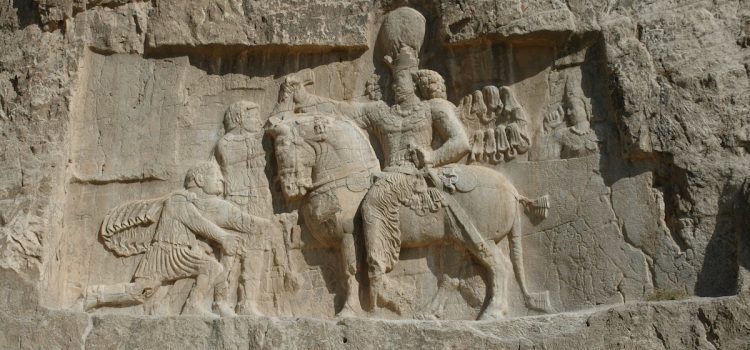What role did the East play in world history? How has the dynamic between East and West evolved over the millennia? According to historian Peter Frankopan, the Silk Roads have always been history’s crucial connection point. He examines the history of Central and Western Asia and its centrality to what has happened all over the world since the dawn of civilization. Keep reading for an overview of The Silk Roads by Peter Frankopan, which provides a fresh perspective on world history.
The Silk Roads by Peter Frankopan: Book Overview










